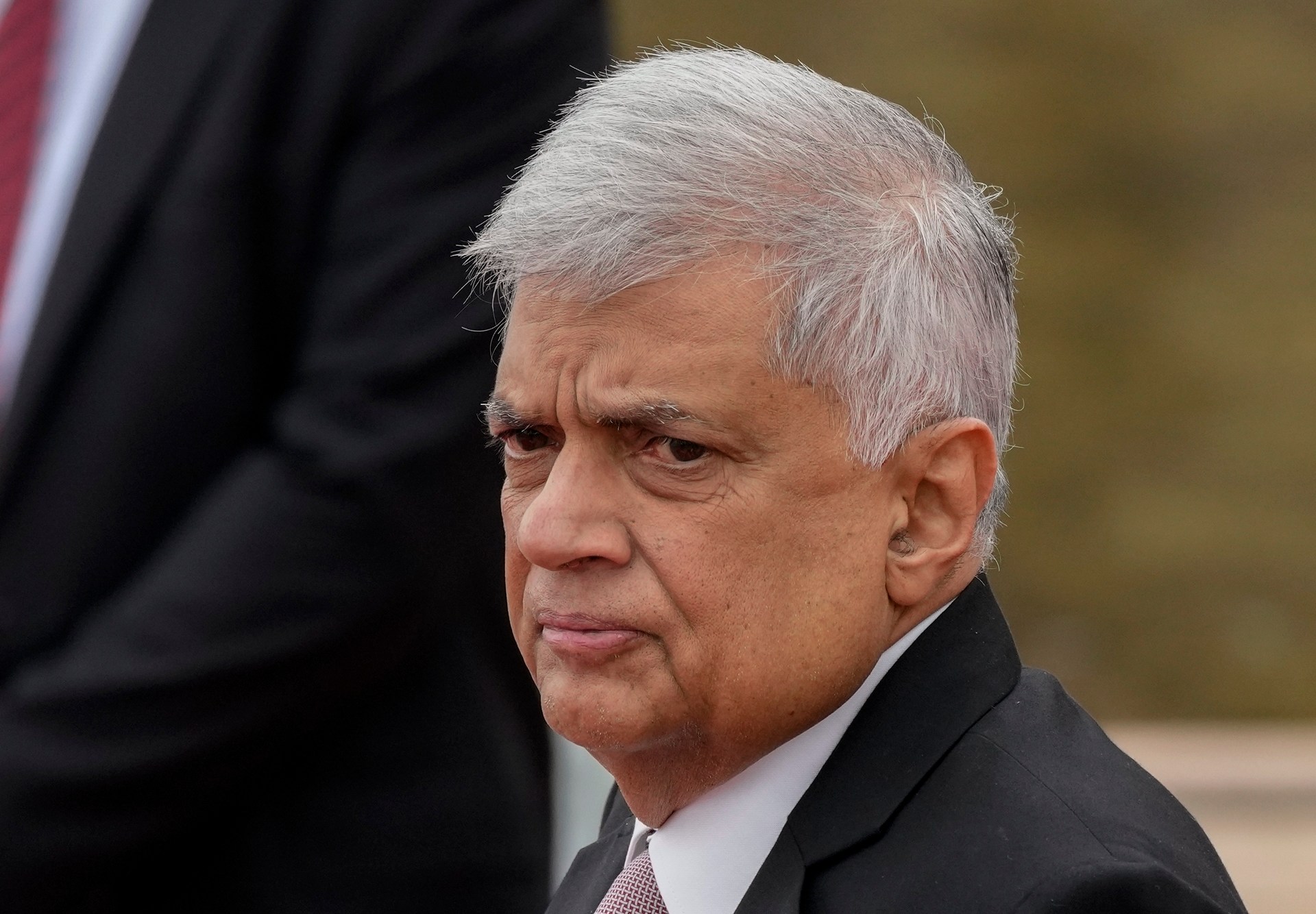Argentina identifies 131st baby kidnapped during dictatorship
A right-wing dictatorship that ruled Argentina from 1976 to 1983 systematically stole children from dissident parents.
DNA results have confirmed that a man was one of the many babies taken from their mothers during Argentina’s dictatorship, a human rights group said on Thursday.
The discovery brings the number of so-called “stolen” children who have been identified to 131.
During Argentina’s bloody dictatorship, which lasted from 1976 to 1983, military officials carried out the systematic theft of babies from political prisoners who were often executed without a trace.
The human rights organisation Grandmothers of the Plaza de Mayo – established to investigate the disappearances – estimates approximately 500 children were taken from their parents during the dictatorship. The group uses DNA tests to locate and identify them.
Estela de Carlotto, president of the Grandmothers of Plaza de Mayo, said at a news conference that the man, whose name was not released, was determined to be the biological son of Lucia Angela Nadin and Aldo Hugo Quevedo.
Nadin and Quevedo, who were from the western province of Mendoza, belonged to an armed leftist group and were arrested in late 1977 in the capital of Buenos Aires. Nadin was about two or three months pregnant at the time.
Testimony from survivors revealed that Nadin was taken from the detention centre, where she was held in March and April 1978, to give birth.
Neither she nor Quevedo has been found.
Nadin’s family was not aware she was pregnant at the time of her disappearance but they left DNA samples in a national genetic database in 2005.
Following a judicial investigation, a man who was suspected of being the child of disappeared parents was located in September 2022. He agreed to carry out a genetic study and was confirmed on Wednesday as the son of Nadin and Quevedo, de Carlotto said.
The last time the rights group identified a person who was snatched from their parents during the dictatorship was in June 2019, when it was announced that Javier Matias Darroux Mijalchukis was the biological son of Elena Mijalchuk and Juan Manuel Darroux, both of whom remain missing.
“In the last few years, despite the pandemic, we continue to work daily with the hope and conviction that we’re going to find our grandsons and granddaughters, who could be anywhere in the world,” de Carlotto said.
“Hundreds of men and women with doubts about their origins have come to us.”
Over the last four years, more than 2,000 people with doubts about their identity have undergone genetic testing, she said.
“It’s a silent, patient and loving work, but we still have a long way to go, and time, unfortunately, doesn’t stop,” de Carlotto said.
“In these last few years we had to say goodbye to dear comrades and many of them were never able to carry out the well-deserved hug.”




